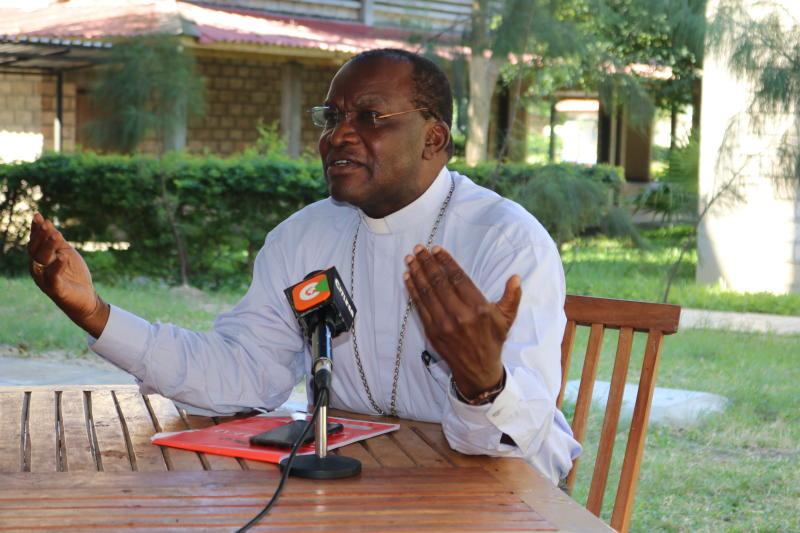
On Monday morning, as business pick up at the noisy, crowded and humid market in Mombasa’s Majengo slums, tens of young men and women idly stroll up and down the streets, some walking alone and others in pairs and groups, evidence of what locals term as high unemployment rates in the county. It is these high rates of joblessness among the youth that residents say are fuelling crime and insecurity in the region.
Outside the Coast General Hospital, minutes away from Majengo, a few residents talk in muffled, fearful voices of recent week’s attack in Bamburi, which left 18 people injured.